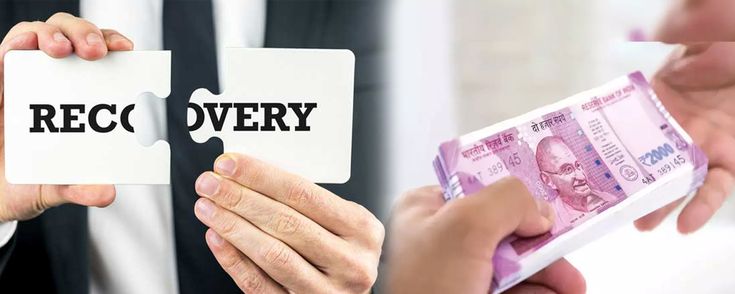
Money Recovery Suits
Having a team of best Debt Recovery Tribunal Lawyer in Delhi NCR, let us brief on topic of Money Recovery
Money recovery suits are civil suits filed by a creditor seeking to recover money owed to them by a debtor. The most common type of money recovery suit is a suit for recovery of a debt, but it can also include suits for recovery of damages, breach of contract, or unpaid bills.
The procedure for money recovery suits is governed by the Code of Civil Procedure (CPC) in India. The plaintiff must file a plaint (written statement of claim) in the appropriate court, along with supporting documents and evidence. The defendant is then required to file a written statement of defense, and the court may schedule hearings to allow both parties to present their cases.
We are proud of having Best Money Recovery Lawyers in Delhi NCR, briefly the process for the recovery of money through court is as follows:
- Legal Notice: To file a money recovery suit, the creditor must first send a legal notice to the debtor demanding payment of the amount owed demanding payment within a specific period of time. If the debtor fails to respond or pay the amount owed, the creditor can file a suit in a civil court seeking a judgment for the amount owed plus interest and costs.
- Filing a Recovery Suit: If the demand letter does not work, you can file a recovery suit in a civil court. The suit must be filed within the jurisdiction where the defendant resides or where the cause of action arose. You will need to pay a court fee based on the amount of money you are trying to recover.
- Summons and Written Statement: Once the recovery suit is filed, the court will issue a summons to the defendant, asking them to appear in court on a specific date. The defendant will need to file a written statement responding to the allegations in the suit.
- Evidence and Arguments: After the written statement is filed, the court will set a date for arguments. Both parties will have to present their evidence, and the court will hear their arguments.
- Judgment and Decree: If the court is satisfied that the plaintiff is entitled to the money, it will pass a judgment and decree in favour of the plaintiff. This decree will
- Execution of Decree: If the defendant does not voluntarily pay the money, the plaintiff can take steps to execute the decree. This can include attaching the defendant's property or salary, or seeking the appointment of a court receiver to collect the money on behalf of the plaintiff.
It is important to apprise being the best recovery lawyer in Delhi NCR, that the process and timelines for recovery of money through court in India can vary depending on the specific court, jurisdiction, and circumstances of the case.